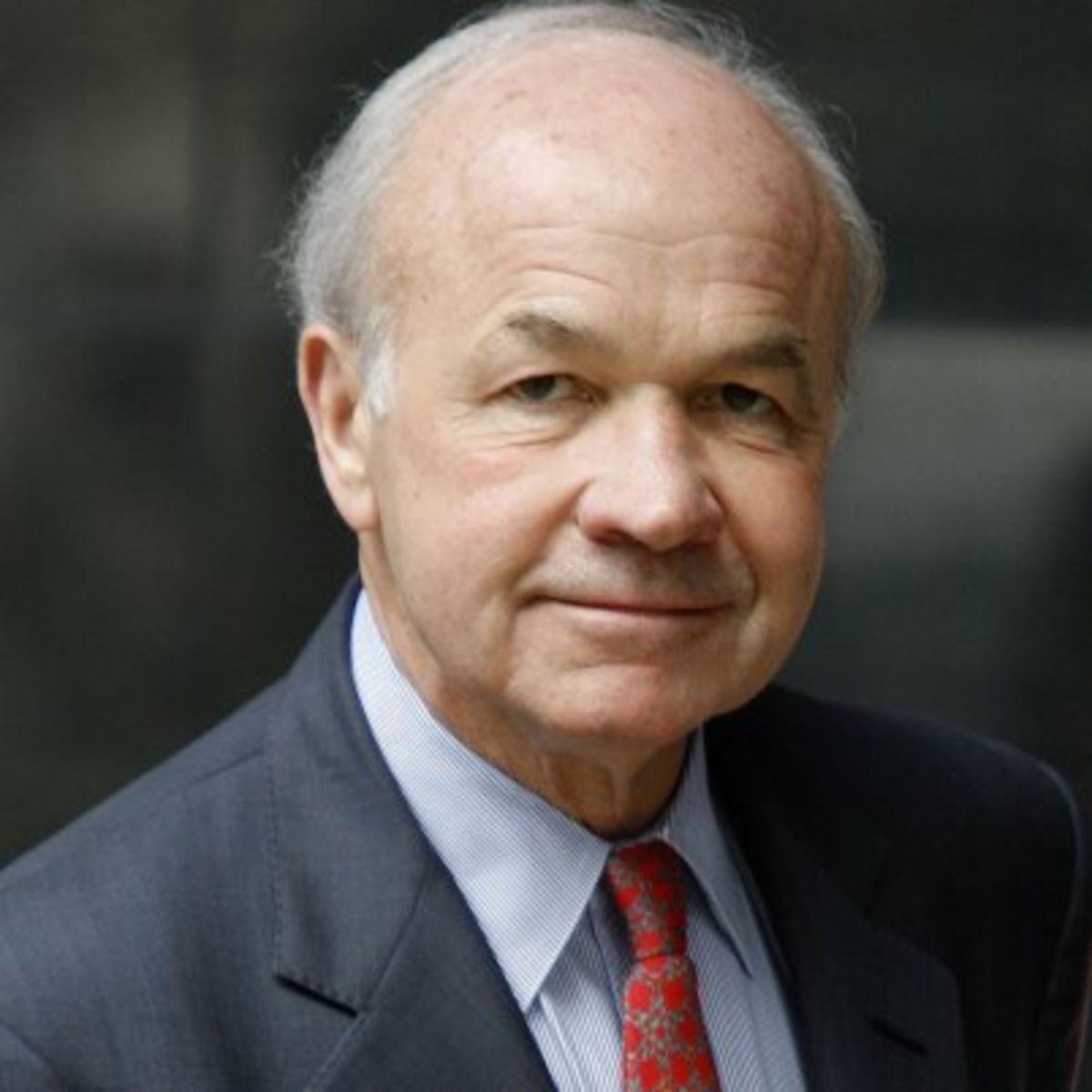 Joe Weisenthal and Henry Blodget over at Clusterstock have been all over the breaking story yesterday that, as many of us suspected, former Treasury Secretary Henry Paulson and perhaps other governmental officials threatened Bank of America CEO Ken Lewis and the BofA board if the bank exercised its right to terminate the Merrill Lynch acquisition based on a material change in Merrill Lynch’s financial condition.
Joe Weisenthal and Henry Blodget over at Clusterstock have been all over the breaking story yesterday that, as many of us suspected, former Treasury Secretary Henry Paulson and perhaps other governmental officials threatened Bank of America CEO Ken Lewis and the BofA board if the bank exercised its right to terminate the Merrill Lynch acquisition based on a material change in Merrill Lynch’s financial condition.
Of course, this is not the story that Lewis and Paulson were telling to BofA shareholders. They were assuring the shareholders that the Merrill Lynch acquisition was a great deal for BofA.
A few years ago, former Enron chairman Ken Lay was prosecuted to death for promoting Enron even though he had a reasonable basis for believing that what he was saying about his company was true. In contrast, neither Lewis nor Paulson could even offer the defense in a criminal fraud trial that they thought that the good things that they were telling BofA shareholders about the Merrill Lynch deal were true. We now know that they knew that the assurances were false.
This is not to suggest that Paulson or Lewis should be prosecuted for criminal fraud. They were in an extremely difficult situation — they and others were concerned that the U.S. and world financial system might collapse if the markets became spooked by BofA backing out of the Merrill Lynch deal. I didn’t agree with that concern, but I understood the position of those that did. They may have been correct. At this point, we’ll never know for sure.
However, regardless of whether that view was correct, neither Paulson nor Lewis should be prosecuted for a violation of criminal law for their actions. Although they made false statements to the markets regarding BofA’s acquisition of Merrill Lynch, there is no question that they thought what they were doing was essential to saving the financial system and firms such as BofA.
If their actions make them responsible for damages to BofA shareholders, then let that liability be sorted out in civil court where liability can be allocated fairly to everyone who had a hand in causing those damages. What’s to be gained by throwing them in prison? They simply were not operating on the same fraud plane as Bernie Madoff.
But here is my other point — Ken Lay was prosecuted to death for conduct that was not even intentional. Now that what happened to Enron has happened to many of the biggest and most prestigious Wall Street firms, isn’t it about time that somebody in the federal government acknowledges that what was done to Ken Lay was a massive injustice?
And in the meantime, isn’t it about time that this barbaric injustice be rectified, too?

Key Lay may have not overtly lied—but he also did not seem to go out of his way to learn the truth. As matter of fact, the guy appeared to be playing the game of ìplausible deniability.î Lay always wanted to be able to say that he merely trusted the chief financial officer. He was not directly response for the numbers. Does that make him a criminal? Probably not. But I donít think he was behaving in a particularly ethical manner.
My biggest complaint against the ENRON crew was their disgraceful advocacy of the global warming nonsense. These fools have greatly damaged the country. They have literally cost the American citizens billions, if not even trillions of dollars.